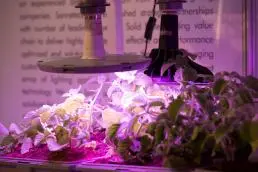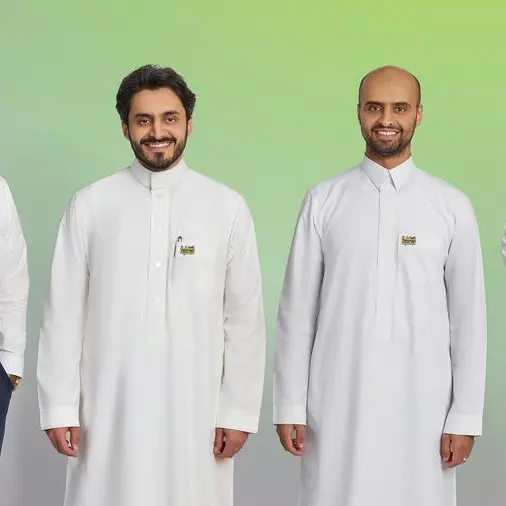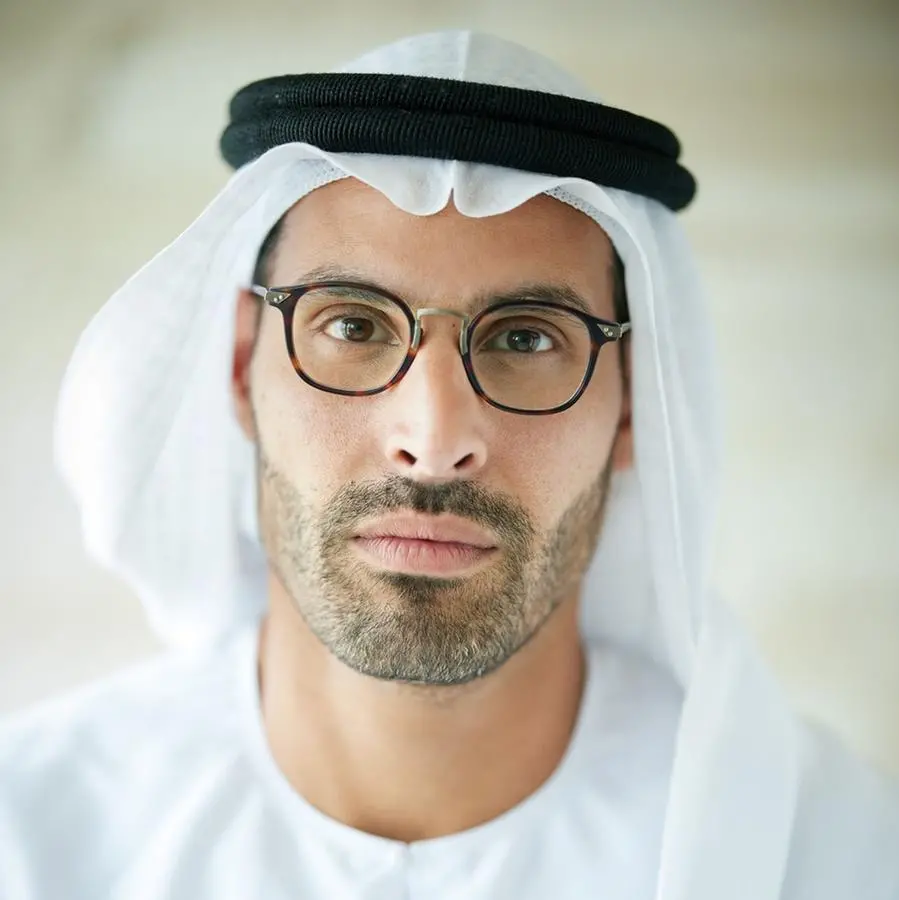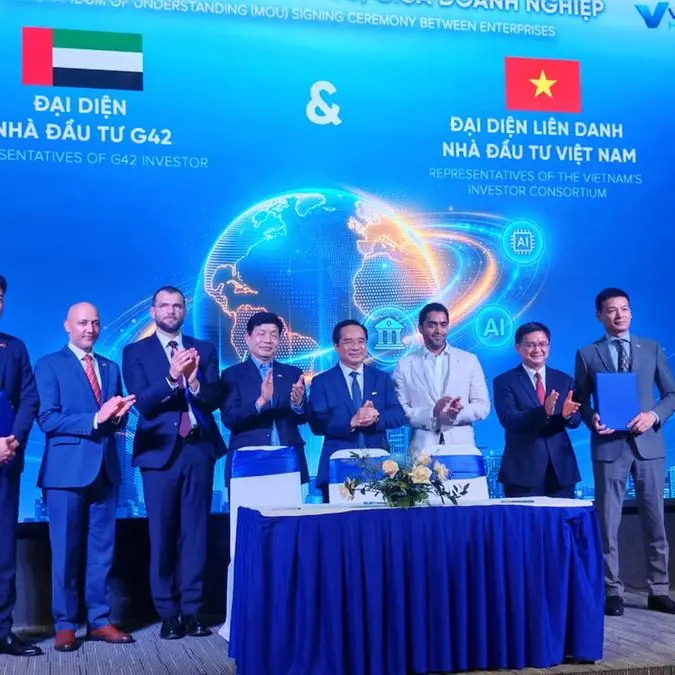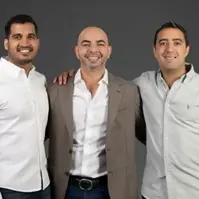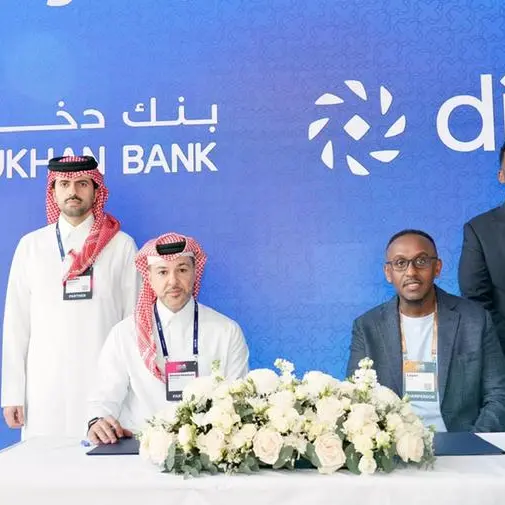PHOTO
Global Forum for Innovations in Agriculture turns spotlight on
self-sufficient greenhouses ideal for UAE climate
Abu Dhabi: Plans for self-sufficient greenhouses that enable the production of high-quality plants in sub-tropical regions affected by water scarcity are set to be unveiled by leading agricultural experts at Abu Dhabi's Global Forum for Innovations in Agriculture (GFIA) on Tuesday.
Saving water while utilising renewable energy sources, such as solar power, wind, biomass and geothermal energy is vital for sustainable greenhouse farming in the desert conditions of the UAE, and a new range of self-sufficient greenhouses have the ability to change the way Middle East farmers grow crops.
Ruben Garcia, International Manager at Eltac-Hydrofarm, the creators of the Zelula Zero project, believes that the only solution for greenhouses to be environmentally-friendly and sustainable is by making them entirely energy self-sufficient.
Speaking ahead of his presentation in the upcoming Global Forum for Innovations in Agriculture (GFIA), 16-17 February at the Abu Dhabi National Exhibition Centre, Garcia said: "Currently, greenhouses' installations use too much energy to operate their artificially-generated microclimates and only greenhouses with independent energy and water supply systems can offer sustainable, clean production units of vegetables."
The examples of proposed solutions for optimising energy retention and management vary from photo-voltaic (PV) panels, wind maps, biomass boilers, to geothermal systems.
Garcia added: "Wind maps can indicate whether the wind power will be able to cover the electricity needs while geothermal energy uses the ability of the land to remain at a constant temperature throughout the year to supply sustainable heating without any combustion and with reduced CO2 emissions."
Scientists see the sub-tropical climate of the UAE and wider Middle East as highly advantageous for the energy production due to its high levels of solar energy available throughout the year. With appropriate innovations and techniques in place, sunlight can be used to address the water scarcity issue, too.
Johan Gruber, Engineer BS at Grutec Fibre, will also be addressing audiences at the GFIA and points out that with the use of PV solar energy can be effectively utilised to supply both the air-conditioning and watering needs of greenhouses.
He said: "Subtropical regions with their typical low moisture air and daily sunshine create perfect conditions for the use of sun-driven air-conditioning and since water in such areas is mostly rare and expensive, it is not an economical alternative to cool fresh air.
"The key technique for cooling a greenhouse and recycling its transpiration water is PV panels and screens as they help minimise fossil fuel-based energy use."
According to a report published by the International Center for Biosaline Agriculture (ICBA) in September 2015, a new generation of greenhouses can help save up to 90% of water, cut significantly on energy, and ensure five times higher productivity with zero pollution of groundwater than open farming.
The GFIA exhibition and conference, held under the patronage of H.H. Sheikh Mansour Bin Zayed Al Nahyan, Deputy Prime Minister of the UAE, Minister of Presidential Affairs and Chairman of Abu Dhabi Food Control Authority, and in strategic partnership with ADFCA, will feature more than 300 next-generation agricultural solutions that could shape the future of sustainable farming around the world.
GFIA is sponsored by the UAE Ministry of Presidential Affairs, Khalifa International Award for Date Palm & Agricultural Innovation, Abu Dhabi Farmers Services Centre, Emirates Food Industries, Koppert Biological Systems, AGCO, GODAN, Mato Grosso, The Rockefeller Foundation and CoolFarm and staged with the support of Masdar Institute, University of Arizona, Kingdom of The Netherlands, CTA, GlobalG.A.P, CGIAR, SAI Platform, Wageningen UR and the Abu Dhabi Convention Bureau.
-Ends-
© Press Release 2016
